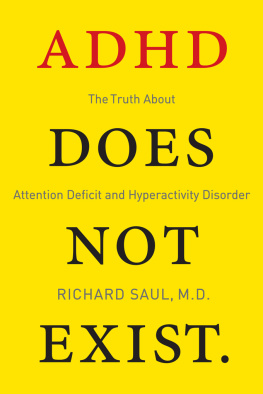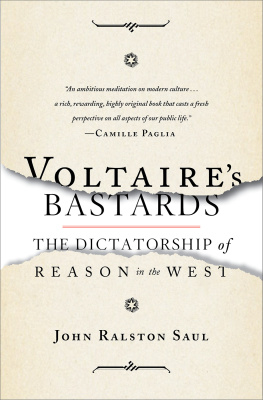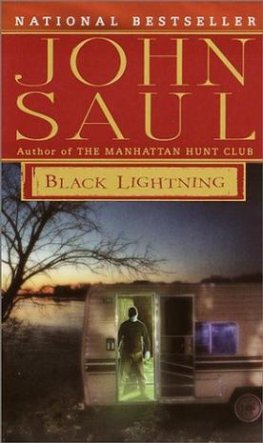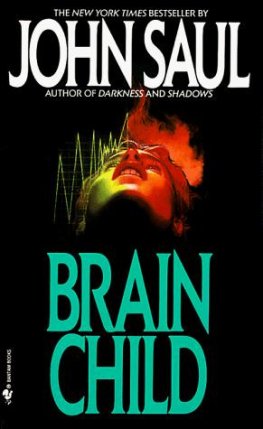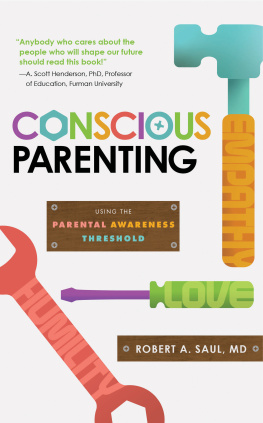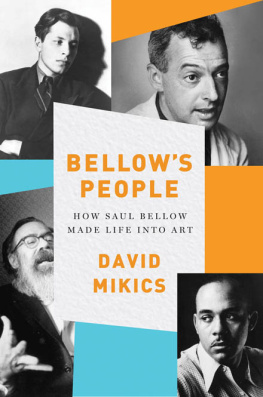The Massey Lectures Series
The Massey Lectures are co-sponsored by Massey College, in the University of Toronto, and CBC Radio. The series was created in honour of the Right Honourable Vincent Massey, former governor general of Canada, and was inaugurated in 1961 to enable distinguished authorities to communicate the results of original study or research on subjects of contemporary interest.
This book comprises the 1995 Massey Lectures, The Unconscious Civilization, broadcast in November 1995 as part of CBC Radios Ideas series. The producer of the series was Philip Coulter; the executive producer was Bernie Lucht.
John Ralston Saul
John Ralston Saul is a distinguished Canadian writer and thinker. Voltaires Bastards, his bestselling study of the dictatorship of reason in the West, has been published in nine countries, including Canada, the United States, England, France, Italy, Austria and Japan. Saul further developed his ideas in The Doubters Companion: A Dictionary of Aggressive Common Sense. His novels The Paradise Eater (winner of the Italian Premio Litterario Internazionale), The Next Best Thing, Baraka and The Birds of Prey have also been published internationally. In 1994 he published a novel in French, De Si Bons Amricains. Saul earned his doctorate at Kings College, University of London, and his B.A., in political science, history and economics, at McGill University. Saul has been active in the Canadian Centre of International PEN, serving as president in 1990-1992.
ALSO BY JOHN RALSTON SAUL
Nonfiction
Voltaires Bastards: The Dictatorship of Reason in the West
The Doubters Companion: A Dictionary of Aggressive Common Sense
Fiction
The Birds of Prey
Baraka, or The Lives, Fortunes and Sacred Honor of Anthony Smith
The Next Best Thing
The Paradise Eater
THE UNCONSCIOUS
CIVILIZATION
JOHN RALSTON SAUL

Copyright 1995 by John Ralston Saul
and the Canadian Broadcasting Corporation
All rights reserved. No part of this publication may be reproduced or transmitted in any form or by any means, electronic or mechanical, including photocopying, recording, or any information storage and retrieval system, without permission in writing from the publisher.
First published in 1995 by
House of Anansi Press Limited
895 Don Mills Rd., 400-2 Park Centre
Toronto, Ontario M3C 1W3
Tel. (416) 445-3333 Fax (416) 445-5967
www.anansi.ca
Distributed in Canada by
General Distribution Services Ltd.
325 Humber College Blvd.
Etobicoke, ON M9W 7C3
Tel. (416) 445-3333 Fax (416) 445-5967
www.anansi.ca
CBC logo used with permission
05 04 03 02 01 16 17 18 19 20
Canadian Cataloguing in Publication Data
Saul, John Ralston, 1947
The unconscious civilization
(CBC Massey lectures series)
ISBN 0-88784-586-X
1. Political science Philosophy. I. Title.
II. Series.
JA71.S38 1995 320.01 C95-932589-1
Cover Design: Bill Douglas at The Bang
Text Design: Tannice Goddard
Computer Graphics: Mary Bowness

House of Anansi Press gratefully acknowledges the Canada Council for the Arts, the Government of Canada through the Book Publishing Industry Development Program (BPIDP), and the Ontario Arts Council for their support of our publishing program.
Printed and bound in Canada
For
my parents
Contents
I
THE GREAT LEAP
BACKWARDS
WHO IS MORE CONTEMPTIBLE than he who scorns knowledge of himself?
A true question a question seeking truth without expecting to find more than a fragment of it will remain clear and unforgiving over hundreds of years. John of Salisbury raised this problem of self-knowledge in 1159. As you will see, much of what Im going to say in these pages will be an amplification of his question.
John of Salisbury was far from the first to centre the life worth living on self-knowledge. What today we would call consciousness. Self-knowledge; the life worth living; individualism; humanism; a civil society. The list of terms describing the best and most interesting in the human experiment can be very long.
Not only was John of Salisbury not the first, he was surrounded in the twelfth century by a surprisingly large group of writers and thinkers, spread out across Europe many of them monks or teachers who were busy rediscovering the concept of the individual, perhaps even discovering for the first time what the modern Western individual could become if he, and later on she, wished.
Nowhere in all of this questioning, then or before, was the individual seen as a single ambulatory centre of selfishness. That idea of individualism, dominant today, represents a narrow and superficial deformation of the Western idea. A hijacking of the term and since individualism is a central term a hijacking of Western civilization.
One of the things I am going to do over these five chapters is describe that hijacking. The end result will be the portrait of a society addicted to ideologies a civilization tightly held at this moment in the embrace of a dominant ideology: corporatism. The acceptance of corporatism causes us to deny and undermine the legitimacy of the individual as citizen in a democracy. The result of such a denial is a growing imbalance which leads to our adoration of self-interest and our denial of the public good. Corporatism is an ideology which claims rationality as its central quality. The overall effects on the individual are passivity and conformity in those areas which matter and non-conformism in those which dont.
Given the importance that John of Salisbury attributed to friendship and community, it is hard to imagine that he would not have asked the same question of society as a whole particularly of ours, which is so determined to claim the individual as its anchor.
What is more contemptible than a civilization that scorns knowledge of itself?
Ill be more precise. It is taught throughout our universities, expounded in our think tanks, repeated ad nauseam in public forums by responsible figures that democracy was born of economics, in particular of an economic phenomenon known as the Industrial Revolution. And that democracy is based upon individualism. And that modern individualism was also a child of the Industrial Revolution. (The less determinedly superficial of such voices will give some credit to the Reformation, which makes them only marginally less inaccurate.)
The point of these received wisdoms of the second half of the twentieth century is that the very heart and soul of our 2,500-year-old civilization is, apparently, economics, and from that heart flowed, and continues to flow, everything else. We must therefore fling down and fling up the structures of our society as the marketplace orders. If we dont, the marketplace will do it anyway.
The only problem with this whole theory is that much of modern individualism and democracy found life in Athens, some time before the Industrial Revolution. And both grew slowly, with ups and downs, through a series of key steps until the twelfth century, when the pace accelerated. Every important characteristic of both individualism and democracy has preceded the key economic events of our millennium. Whats more, it was these characteristics that made most of the economic events possible, and not vice versa.
Next page


